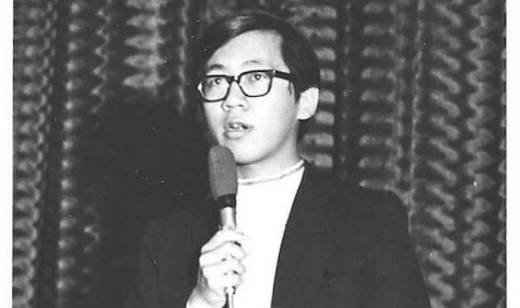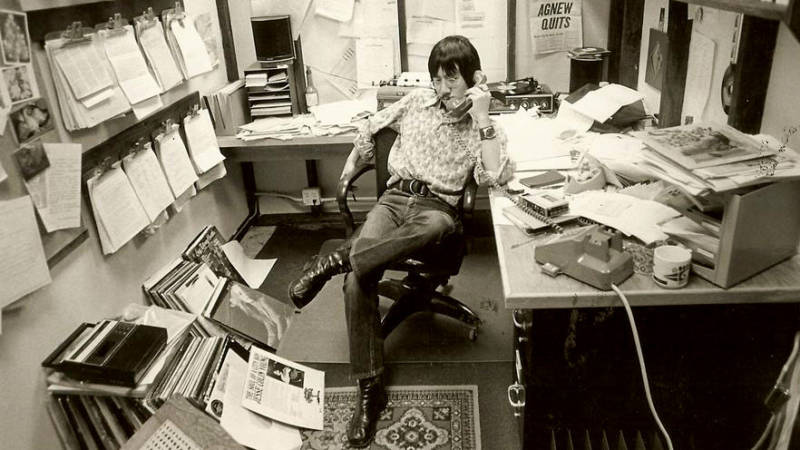Ben Fong-Torres may be best known for chronicling rock music’s glory decades with Rolling Stone magazine, even turning up as a character in the Oscar-winning film Almost Famous. But that storied career was still to come in 1967, when he was just 22 years old. During the Summer of Love, Fong-Torres was a DJ in San Francisco, spinning really golden oldies.
(Interview edited for length and clarity.)
Where were you in the fabled ‘Summer of Love’?
I was on the radio. I had studied broadcasting at SF State, and journalism, and the first thing I got out of school was this weird gig on KFOG, which [today] is a rock station. But back in 1967 and before that, it was what was called a “good music” station, or “beautiful music.” So they played Henry Mancini, 101 Strings, musicals. But the weird thing was, of course, the fact that I was playing music I would never listen to.
The rest of the time, I was living this existence with these guys who were all into rock, the culture that was building all around us, in and around the Haight-Ashbury. So we would go to these concerts at the Matrix, or at the Avalon, or the Fillmore and out in the parks, out in the streets.




